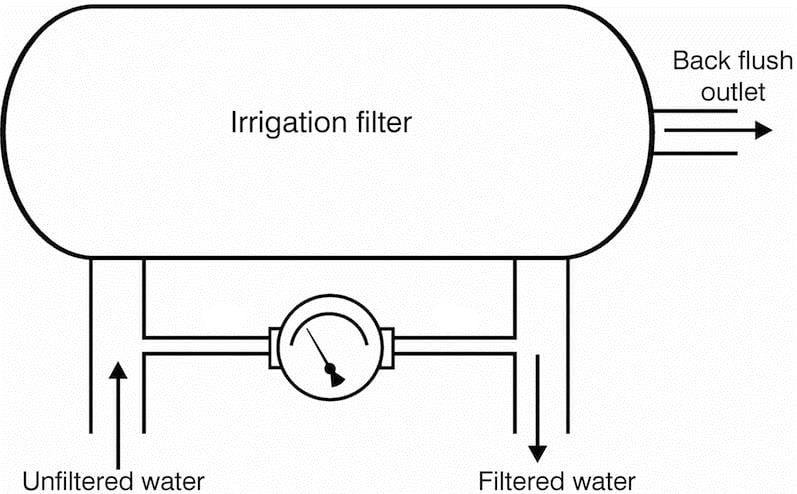Why Is Irrigation Filtration Necessary?
Irrigation water filtration is necessary to remove sediments, debris, and pathogens from water, preventing clogging of irrigation equipment, ensuring uniform water distribution, and protecting crops from diseases. It enhances irrigation efficiency, reduces maintenance costs, and improves crop yield and quality by ensuring only clean water is used for irrigation.
The filters used in irrigation systems can vary in design and function, ranging from screen filters that catch larger particles to sand media and disc filters that remove finer sediments, each tailored to address specific water quality issues and meet the diverse needs of different types of irrigation setups.
Monitoring Filter Clogging in the Irrigation Industry.
The Mid-West Instrument Model 146 Indicating Switch detects when the filter is clogged and provides a switch output. Once the switch has been activated, a back flush starts which helps remove and drain the sediments from the filter, ensuring proper flow from the pumps to the irrigation sprinkler system.


